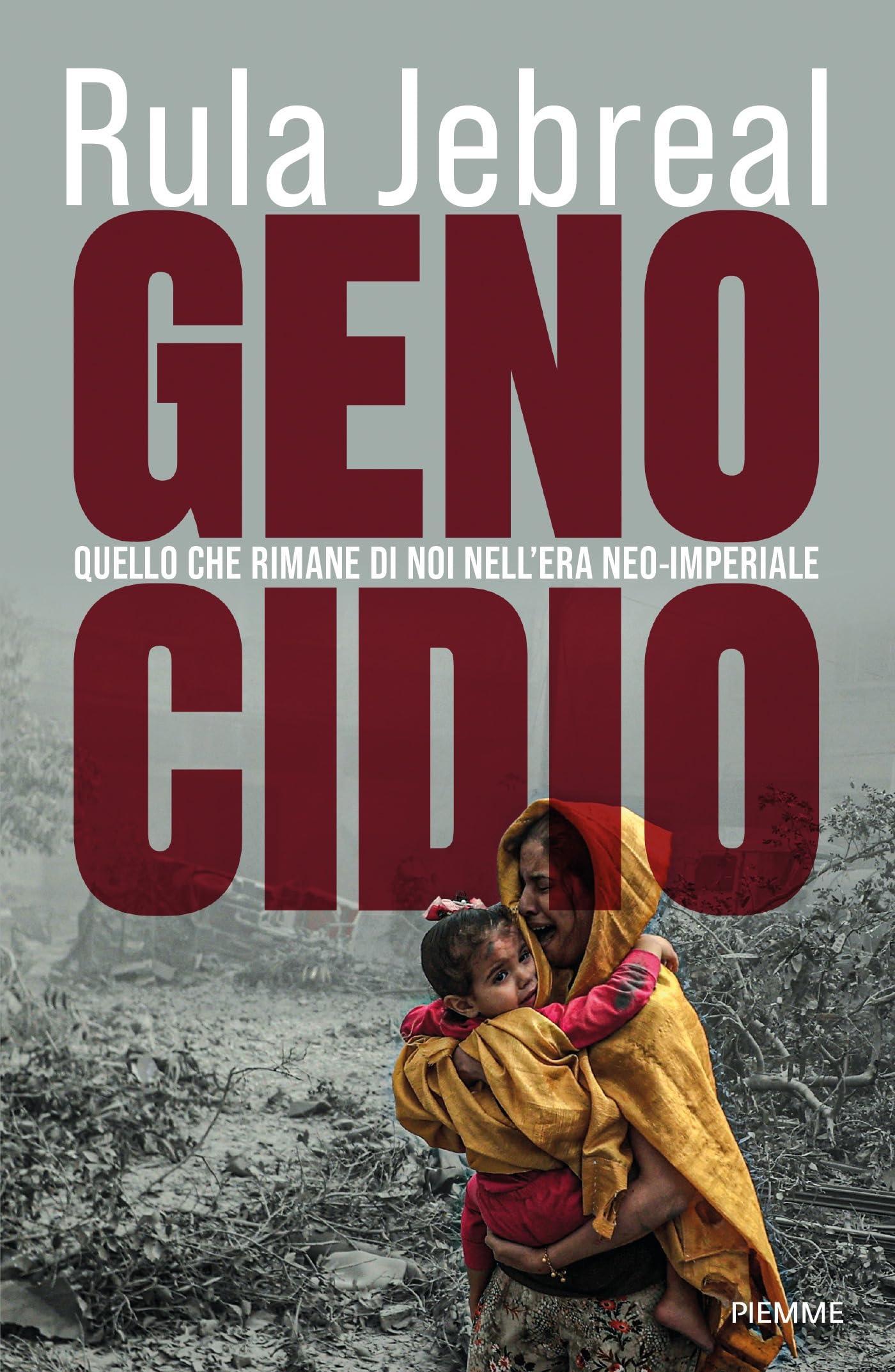"Rula Jebreal's incredible book comes as a lifeline: it reminds us that an alternative exists. We can - and must - demand the enforcement of hard-won human rights treaties and agreements based on the sanctity of life. With courage and determination, we reach out to Jebreal's transcendent vision: our last, best hope.” Naomi Klein
“After a lifetime spent questioning, both personally and professionally, how the world could allow catastrophes like the Holocaust to happen, I found the answer amid the ruins of my own war-torn land, thousands of kilometers away from Europe’s extermination camps. I’m writing this book because the genocide in Gaza has changed me profoundly. It has exposed the moral and political void of a world that reduces humanity to a hierarchy of death. I write so that no one, in the future, can say they didn’t know, or that they couldn’t have known. I write in the hope that there is still time to halt the expansion of Israel’s colonial genocide across all of Palestine. I write because the slogan 'Never Again' must become a call to action. I write because even when all seems lost, words are all we have left, and with them, the moral duty to remember and to resist. I write so that my words might help prevent the genocide in Gaza from becoming an exportable doctrine, a model to be deployed whenever power seeks to prevail over reason, threatening the very safety and existence of humanity.” Rula Jebreal
Rula Jebreal ―journalist, university lecturer, writer and with a solid background in international politics― writes an urgent and deeply human literary cry that interweaves memory, denunciation and testimony. From her perspective as a Palestinian woman raised in Jerusalem, Jebreal traces a brutal and necessary journey through the open wounds of the 20th and 21st centuries: from the Holocaust to the genocide of the Palestinian people in the Gaza Strip, via the silenced massacres in Africa and Asia. This book not only exposes the mechanisms of systematic extermination but also forces us to ask ourselves how we continue to remain silent and allow the unforgivable to happen.
Part memoir, part searing political analysis, Genocide is a harsh but necessary book, one that calls civil society and political institutions to confront their responsibilities, their failures, their convenient truths and deliberate omissions. Because silence, while always a form of complicity, is also the lever by which we may all risk leaping beyond the democratic order, into new jungles ruled by the law of the strongest.
